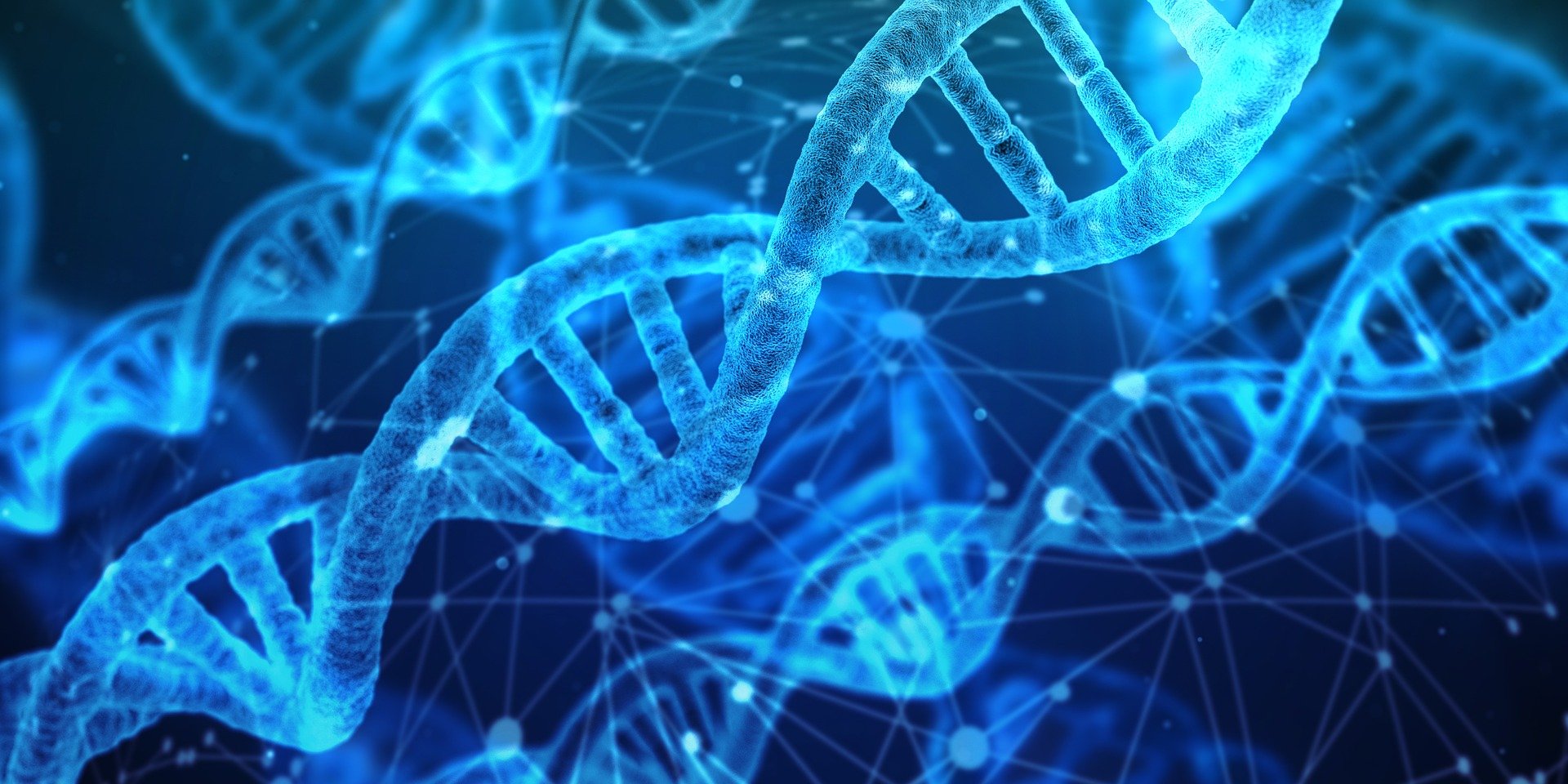How Medical Science Is Evolving Backed By Technology
The healthcare system in the United States is built on medical science and technology. It used to be a simple system but today, it is a complex, scientific, technological system with physicians with medical degrees and scientific training. Twenty-first-century technology continues to change the complexity and costs of healthcare, especially because of advances in digital healthcare technologies.
Working with new medical devices
With the right training online, regular nurses can look at the accredited University of Texas Arlington to discover how their MSN – FNP program can provide them with the skills to fill the role of a family nurse practitioner. These healthcare professionals slot into a variety of clinical settings. By getting your MSN – FNP online, you can take your nursing career to an entirely new level.
In fact, by completing the family nurse practitioner program, you can actually manage a large percentage of a doctor’s workload and work with the many new biomedical devices being introduced into the medical world. Nurse practitioners are also more affordable for uninsured patients or those on Medicaid.
Checking out diseases before they develop
Traditional healthcare systems as we know them can be slow so as not to catch the disease in time. With the development and accessibility to medical technology, patients have the chance to have their diseases treated at the onset and a better chance at recovery.
Full-body MRI scans are painless procedures that are able to detect a host of abnormalities before symptoms develop, and this includes brain tumors and heart disease. Cancer blood tests too can test a person’s blood sample for not 1, 2, or 3 cancers but more than 50 different kinds of cancer in the body.
Better insight into biological systems
Advanced medical technology continues to bring about change, making it possible to deliver high-quality medical care to patients. It goes without saying that the effectiveness of this medical care delivery is linked to the proper management of medical technology.
That is why certain technology or IT engineers who manage this medical technology play such an important role in the healthcare delivery process. As medical knowledge becomes more complex, technology can play a role in assisting the capabilities of a physician to be more accurate. Advances in medical technology have meant new devices that provide better insight into biological systems not available in the past.
Sensors on how the heart is functioning
Many medical issues such as diabetes or congestive heart failure are being assisted with amazing new medical technologies. One of the most common diagnoses is that of heart failure, but with medical technology, you get three kinds of sensors that are used to test the condition of the heart.
This kind of diagnosis gives patients and doctors plenty of information on how the heart of the person is functioning. Data is important in the medical industry and healthcare facilities always have a huge amount of information for storage. Special computers help physicians not only make accurate diagnoses but to store valuable information on patients and their treatments.
Electronic health records
Advancements in technology have improved the way data is stored. Electronic health records have replaced paper filing systems. Electronic health records help medical professionals streamline the keeping of a patient’s health history.
Moving to electronic records, even medical billing – the process followed to secure payment from patients’ insurance companies – involves the conversion of medical codes. This specific terminology is required by the insurance provider. Medical technology has ensured the accurate coding and billing process in all medical facilities, eliminating errors with manual administration.
